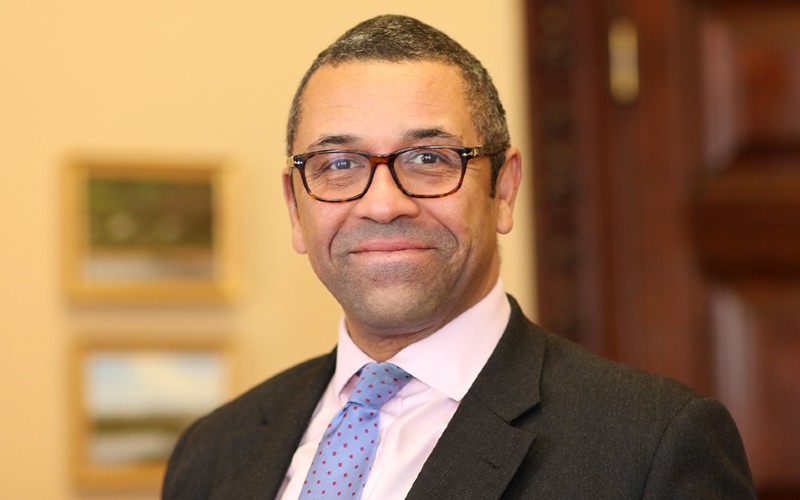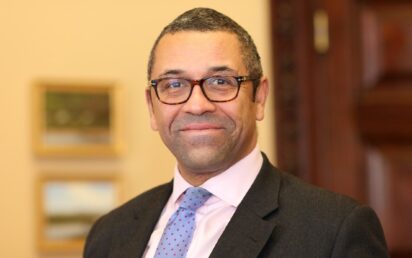The UK’s Foreign Secretary has called for coordinated global action to ensure responsible development of artificial intelligence.
James Cleverly, chairing a United Nations Security Council session on artificial intelligence in New York, outlined the risks and opportunities with rapid global development of AI.
The session discussed the potential implications of AI on international peace and security and how to promote its safe and responsible use.
”The biggest AI-induced transformations are still to come. Their scale is impossible for us to comprehend fully. But the gains to humanity will surely be immense,” he said.
“AI will fundamentally alter every aspect of human life. Ground-breaking discoveries in medicine may be just around the corner. The productivity boost to our economies may be vast. AI may help us adapt to climate change, beat corruption, revolutionise education, deliver the Sustainable Development Goals and reduce violent conflict.
“[However] it could enhance or disrupt global strategic stability. It challenges our fundamental assumptions about defence and deterrence. It poses moral questions about accountability for lethal decisions on the battlefield.
“There can already be no doubt that AI changes the speed, scale and spread of disinformation with hugely harmful consequences for democracy and stability. AI could aid the reckless quest for weapons of mass destruction by state and non-state actors alike. But it could also help us stop proliferation.
“That’s why we urgently need to shape the global governance of transformative technologies. Because AI knows no borders.”
In March the UK government unveiled its first AI whitepaper, intended to guide the use of the technology to drive responsible innovation and maintain public trust in it. It empowers existing regulators – such as the Health and Safety Executive, Equality and Human Rights Commission and Competition and Markets Authority – to come up with tailored, context-specific approaches that suit the way AI is being used in their sectors.
The UK has also launched an expert Foundation Model Taskforce to drive forward the safe and reliable development of Foundation Models.
Independent research institute Ada Lovelace Institute said yesterday that the approach is insufficient as the ‘diffuse legal and regulatory network for AI currently has significant gaps’.
It has recommended the creation of an ombudsman and new institutions, along with clearer rights, to ensure that safeguards extend across the economy as foundation models such as Open AI’s ChatGPT tool become ever more popular and concerns grow around the potential for job displacement.
Demystifying Tech: Harnessing AI within your business – with Ben Grubert
Inevitable CEO Ben Grubert will discuss the rise of AI, the evolving regulatory landscape and offer practical tips for harnessing ethical AI into your business in BusinessCloud’s Demystifying Tech podcast webinar. You can sign up at the link above and submit a question for Ben below
Error: Contact form not found.
Cleverly said: “The UK’s approach builds on existing multilateral initiatives, such as the AI for Good Summit in Geneva, or the work of UNESCO, the OECD and the G20. Institutions like the Global Partnership for AI, the G7’s Hiroshima Process, the Council of Europe, and the International Telecommunication Union are all important partners.
“Pioneering AI companies will also need to work with us so we can capture the gains and minimise the risks to humanity. No country will be untouched by AI, so we must involve and engage the widest coalition of international actors from all sectors.”
This autumn the UK plans to bring world leaders together for the first major global summit on AI safety.
“Our shared goal will be to consider the risks of AI and decide how they can be reduced through coordinated action,” said the Foreign Secretary.
“Momentous opportunities, on a scale that we can barely imagine, lie before us. We must seize these opportunities and grasp the challenges of AI – including those for international peace and security – decisively, optimistically and from a position of global unity on essential principles.”


